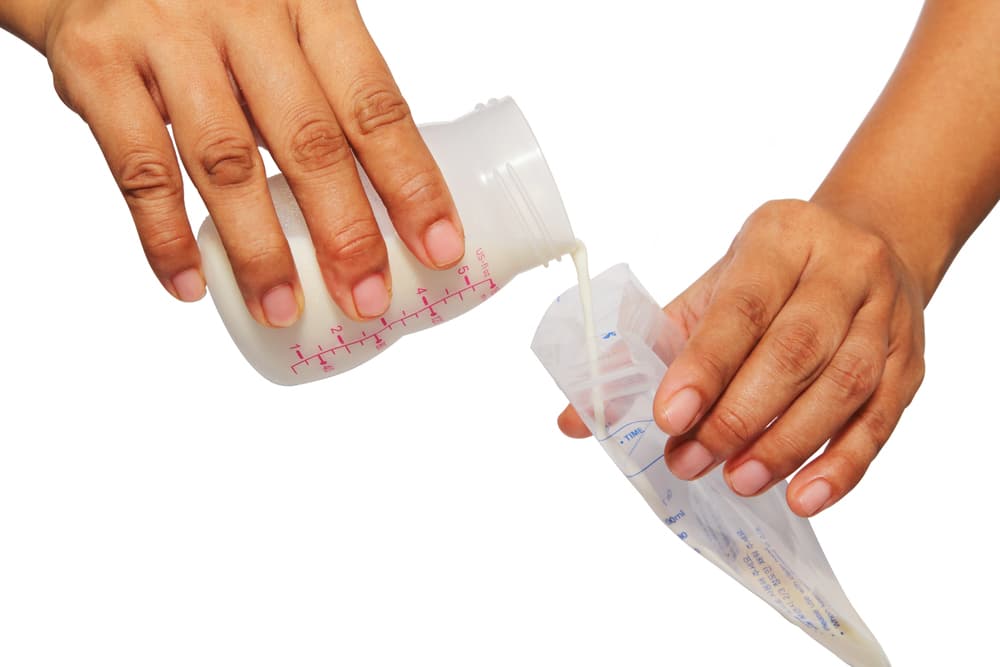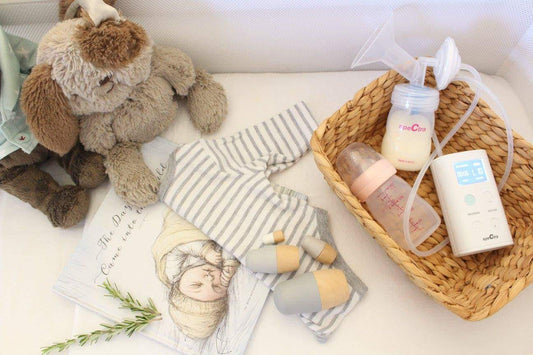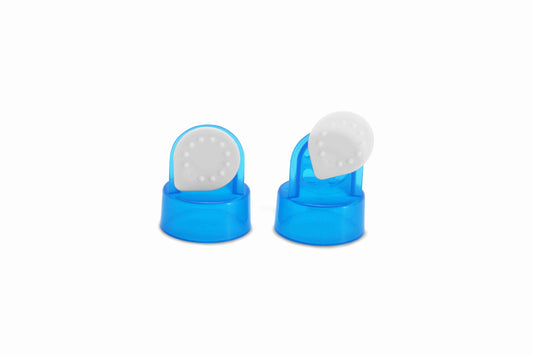What is colostrum?

When does colostrum come in?
Your body will start producing colostrum during the second trimester of pregnancy, between 16 and 22 weeks. Many women don't notice colostrum right away because they aren't leaking. It's normal to start leaking colostrum during the third trimester, however, some women never leak.Does colostrum mean labour is coming soon?
It's normal to start leaking colostrum a few weeks before labour. However, this doesn't necessarily mean that labour is imminent. Some women start producing colostrum as early as 16 weeks pregnant and their breasts may leak throughout pregnancy, while others may never leak. Although leaking colostrum is a good indication that your body is getting ready to give birth, there are some much better signs that labour is fast approaching, such as your baby dropping low into your pelvice.Is pumping colostrum before birth safe?
Under normal circumstances pumping colostrum before birth is safe. There are no studies that show pumping or breastfeeding while pregnant is unsafe. Many women worry about pumping while pregnant because it causes mild contractions. These contractions, which may feel like menstrual cramps, are harmless to your unborn baby. They're caused by the hormone oxytocin that your body releases while breastfeeding, and the amount of oxytocin is so little there shouldn't be any concern about preterm labor. It's normal for women to continue breastfeeding through pregnancy and go on to tandem feeding, so there shouldn't be any concern about pumping colostrum before birth. In fact, your body will release more oxytocin during sex - which is considered safe during pregnancy - than from breastfeeding or pumping.
That said, there are some circumstances under which pumping during pregnancy may be risky. If you have one of the following conditions, you should talk to your care provider before pumping colostrum:
- You have a high-risk pregnancy, or are at risk for preterm labour (e.g. you have a thin cervix).
- You are carrying multiples.
- If you have been advised not to have sex during pregnancy.
- You are experiencing bleeding or uterine pain.
Benefits of pumping colostrum before birth
Pumping colostrum before birth is not a requirement for a healthy baby. There are definitely some potential benefits should you choose to pump colostrum before birth - and, especially if you're leaking, it doesn't hurt to save it! Here's how pumping colostrum before birth can be advantageous:- You'll learn how to use your breast pump or hand express ahead of time.
- If your baby is unable to latch due to a medical condition (e.g. cleft lip or tongue tie).
- You'll have colostrum available just in case while you're learning to breastfeed.
- If your baby is born prematurely and uses a feeding tube.
- You'll have colostrum that you can donate to infants in need - talk to your birthing centre for recommendations, or find local donor groups on Facebook.
How to pump colostrum before birth
Get started pumping colostrum by making sure you've cleaned and sterilised your milk collection kits and any storage containers you plan on using. Start by single pumping on one breast. When you begin pumping, you should start at a low vacuum setting and gradually increase to your comfort level. Massage your breast while you're pumping to encourage the colostrum out. If you need help getting started, Spectra has lot of resources on our website, so we encourage you to have a look. You can join the Spectra Mums Facebook group to talk to other mums about pumping, and our customer support team made up of expert pumping mamas is here to help too. When you pump colostrum, don't expect to get much. You may get a few drops, and you may not even see any land in the milk collection bottle! That's completely normal and fine. Your newborn baby will have a teeny tiny stomach, so just a few mililitres of colostrum will be enough at each feeding.

When you're done pumping, check in and around the breastshield for droplets of colostrum, and look in the valves, as these are places colostrum likes to get stuck. You can use a feeding syringe to suck the droplets up, and store the expressed colostrum.
Storing expressed colostrum
You should follow the same guidelines as you would for storing breastmilk. You can refrigerate expressed colostrum for up to 8 days, and you can store it in the freezer for several months.

Tip: You can use a finger to assist in inserting the syringe into baby's mouth, as shown here.
Also, since your newborn baby will eat just a very small amount of colostrum, you might consider storing it in a food syringe. One syringe can be more than enough for one meal for baby's tiny tummy. You can put several food syringes in a regular freezer safe snaplock bag, or into a milk storage bag. Remember to bring these (and your breast pump) with you when you go into labour, and let the staff know that you'll need a refrigerator for safe storage.





